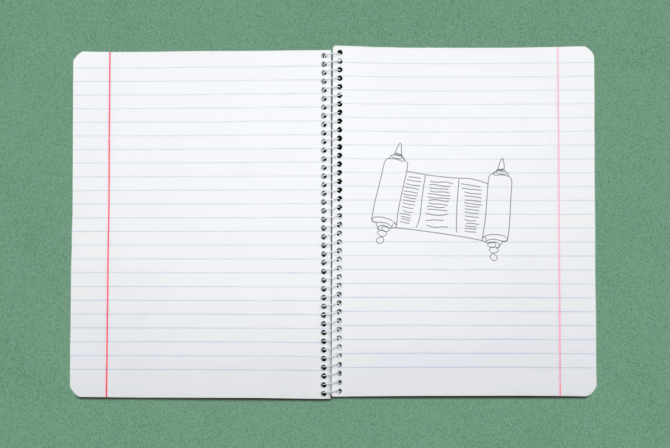I am not a big Facebook user. I post funny/thought-provoking things my kids say, and I enjoy looking at photos of my friends’ kids. But I don’t document my meals. I don’t engage in politics because, “Wow, your self-righteous and accusatory post has totally prompted me to disregard a lifetime of personal experience and change my mind on the spot,” said no one ever.
And while it may seem like I post personal things, if only when I link to my posts here and elsewhere, the fact is, I never post anything on any social media that I wouldn’t say in public if asked. It’s personal, but it’s publicly personal, if that makes any sense.
That’s why, when my cousin recently died after a long and excruciating battle with pancreatic cancer, it never even crossed my mind to put it on Facebook. But it seems I was the only one. Friends began posting their condolences and memories and tagging him in their posts (which freaked out my mother every time she saw his name pop up in her side-bar as his having “been” somewhere).
I didn’t join in. His death was too raw, too personal, and, frankly, in my mind, not the business of Mark Zuckerberg and Co. I wanted to remember my time with him—such as when we were 7 and 13 years old, living in Rome while our families were waiting to immigrate from the USSR to the US, and his father put us on the wrong bus; there we were, two kids in an unfamiliar country, neither of us speaking Italian, lost in one of the busiest and most hectic cities in the world… but he somehow got us home. I wanted to remember the rock band he’d played in as a teen and how happy he’d seemed ceremoniously lifting me in my chair at my wedding, and how welcoming he’d been when my sons visited him in Paris, where he’d been most recently living.
Those were my memories of him. They didn’t belong to the masses.
But, like I said, I was in the minority. The Facebook tributes kept pouring in, including the video his daughter made for his memorial service. But it was when his 70+-year-old mother posted her own missive that I finally had an insight.
Once upon a time, families lived close together. Everyone who’d known the deceased was likely within walking, or at least quick car/train/bus, distance. Getting together to reminisce and support those left behind was a relatively easier task.
Now, however, just our family alone has members in the Bay Area, Southern California, and New York City. Because of my cousin’s job, he had colleagues and friends in Europe, Australia, Canada, and all over the United States.
Getting together physically is more of a challenge. Which is where Facebook comes in.
We are taught that the purpose of sitting shiva or making a shiva call is to provide support and assistance to family and friends in time of mourning. Those who were posting on Facebook immediately following and in the days after his death were offering comfort, but I think they were seeking it, too. They were crying out into the void, and receiving validation from others who were feeling the same.
People who otherwise might have felt uncomfortable showing their feelings, or didn’t know how to articulate them, had a tool at their disposal with which to make a tentative overture—even if it was only an emoticon. It also saved those in mourning the trouble of answering the same question or telling the same story over and over again. It was a way to keep the news perpetually out there, without having to be the bearer of it, reliving the nightmare.
I can’t say I am still particularly comfortable with the practice. This post is the first time I’ve mentioned his death in public, and I spent weeks going back and forth, debating whether or not I wanted to.
But I finally decided to do it because I wanted to see what participating in a Facebook and/or social media shiva was like—whether I’d be able to get something out of it, or whether it would prove to be a mistake.
Guess we’ll find out.
Read More:
I Took a Vacation By Myself And It Wasn’t What I Expected
4 Things You Should Do When Your Friend Loses a Spouse
Hilarious Dad Uses ‘Pokemon Go’ to Persuade His Kids to Do Chores







